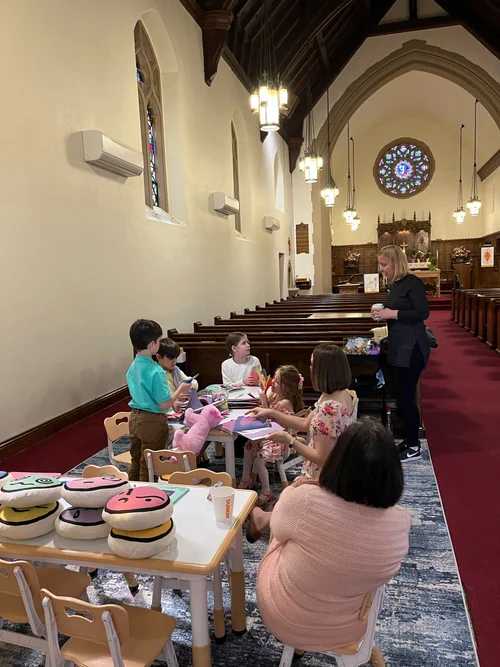During a difficult job market, having the experience of one or even two strong internships can often be the difference between finding a job right after graduation and becoming increasingly frustrated with not being able to land a job.
Since internships are so important, The Queens Courier talked with three experienced directors of career centers at LaGuardia Community College, Queens College and St. John’s University, and they shared tips that students can use to land their perfect internship.
KNOW WHAT YOU WANT TO DO
“The thing that we find most important for our students are what we call learning objectives,” said Francine White, professor and Chair of Cooperative Education at LaGuardia Community College.
“The student has to be clear about what they want to get out of the internship.”
White said that LaGuardia encourages students to come up with six learning objectives that they hope to achieve in an internship.
The advisers in the Cooperative Education program will work with students to develop those objectives and then look for an internship that will meet at least three of the objectives they have prepared.
START SEARCHING EARLY
“In a market like this when the economy is bad, it can be good or bad for interns,” said Tesfaye Asfaw, Director of the Office of Career and Development and Internships at Queens College. “A lot of employees need help, but that also means there are less paid internships available and internships that are traditionally very competitive are even more competitive now.”
That means that students who want to do an internship should begin at least a semester in advance. This will give the student time to research different positions and not end up at a place that might not be right for them.
TAKE ADVANTAGE OF YOUR SCHOOL’S RESOURCES
In addition to having a wealth of contacts at different companies you may be interested in interning with, most colleges and universities offer lots of guidance and help to students through a career center.
The staff at the career center will work with the students from start to finish on the internship process including tasks such as developing a résumé, identifying possible locations and preparing for an interview. Check out your school’s career center web site to make an appointment to speak with a counselor or participate in a workshop.
HAVE A PERFECT RÉSUMÉ
Just having a résumé is not enough anymore.
“It has to be a résumé geared towards the internship that they are seeking,” White said. “It’s a résumé that’s error free.”
Having a résumé with spelling or grammar mistakes immediately sets off a red flag to employers and puts you behind the eight ball.
Some employers may toss your résumé in the trash or on the bottom of the pile if they see those glaring errors.
BE PERSISTENT
“Students have to be willing to work at it,” said Pat McManus, Director of the Career Center at St. John’s University. “There are many, many internships posted, but students need to be a little creative in finding those.”
KEEP OPTIONS OPEN
“Depending on their interest they need to have a sense of what is available,” McManus said. “If there dream is to land a position with NBC, they should certainly apply and be creative, but they shouldn’t overlook other opportunities either.
McManus said that students may take an internship at a second or third level company, but they can potentially leverage that internship and experience into a second internship with a bigger company or a full-time job after graduation.
REMEMBER TO SAY THANK YOU
“We still recommend following up with a thank you note,” McManus said, acknowledging that some believe it is a little outdated. However, she said adding a personal touch like reminding the employer of something that was said in the interview that may help the student stand out from other candidates.
MAKE IT A SUCCESS
If you follow these steps and land an internship, the next step is excelling at the internship. Oftentimes when employers are making decisions about hiring for full-time positions, they will look to interns who are familiar with the company and its operations first.
“That’s what we call a successful internship,” Asfaw said.

































